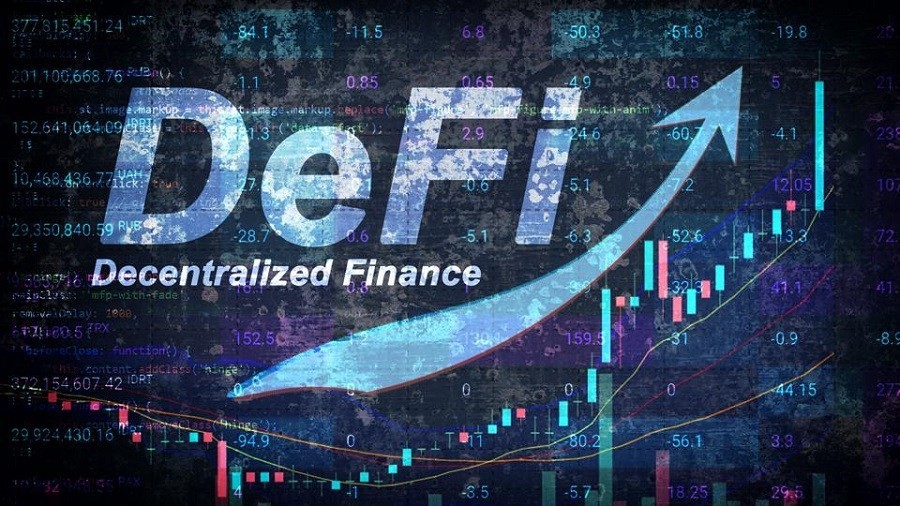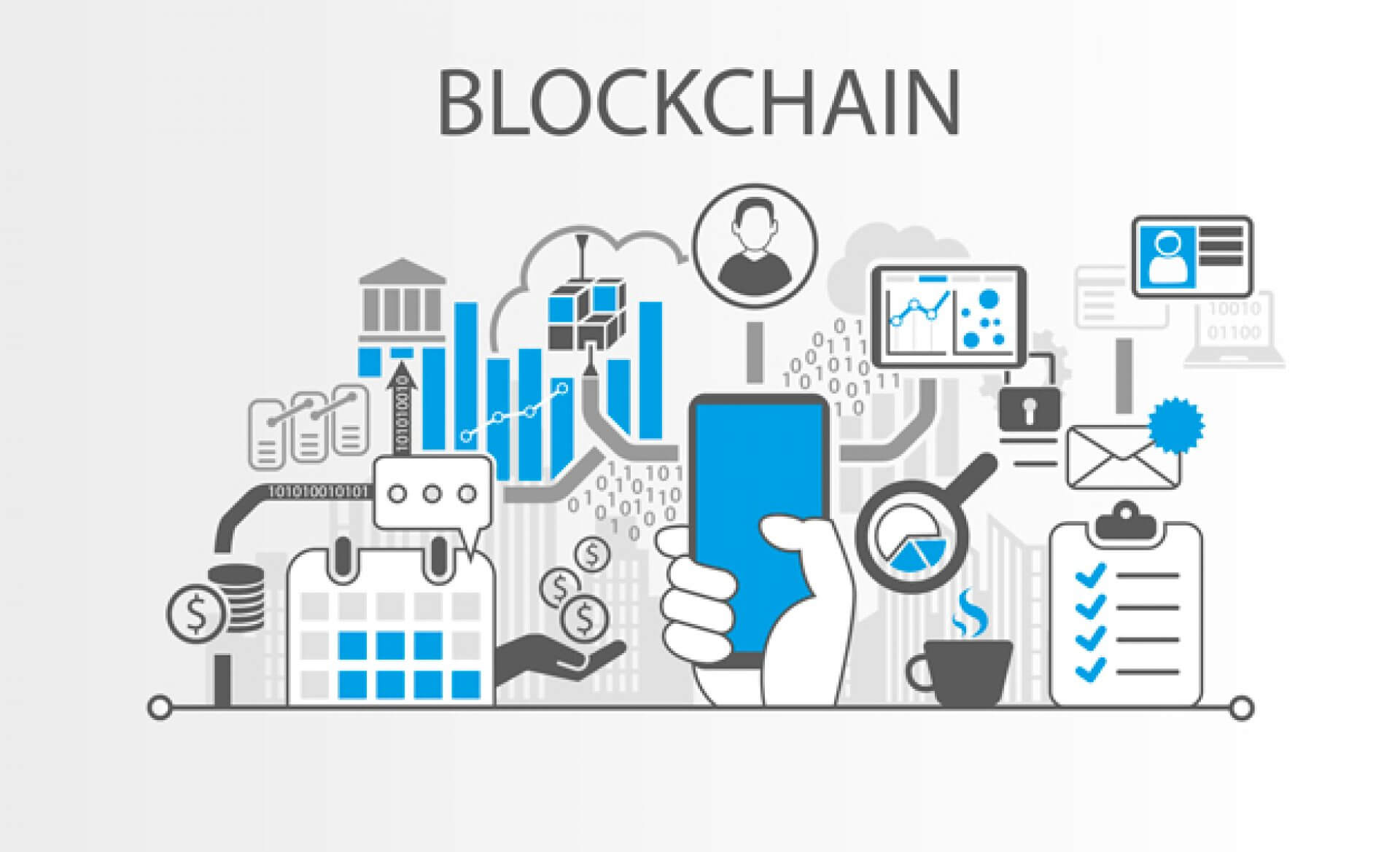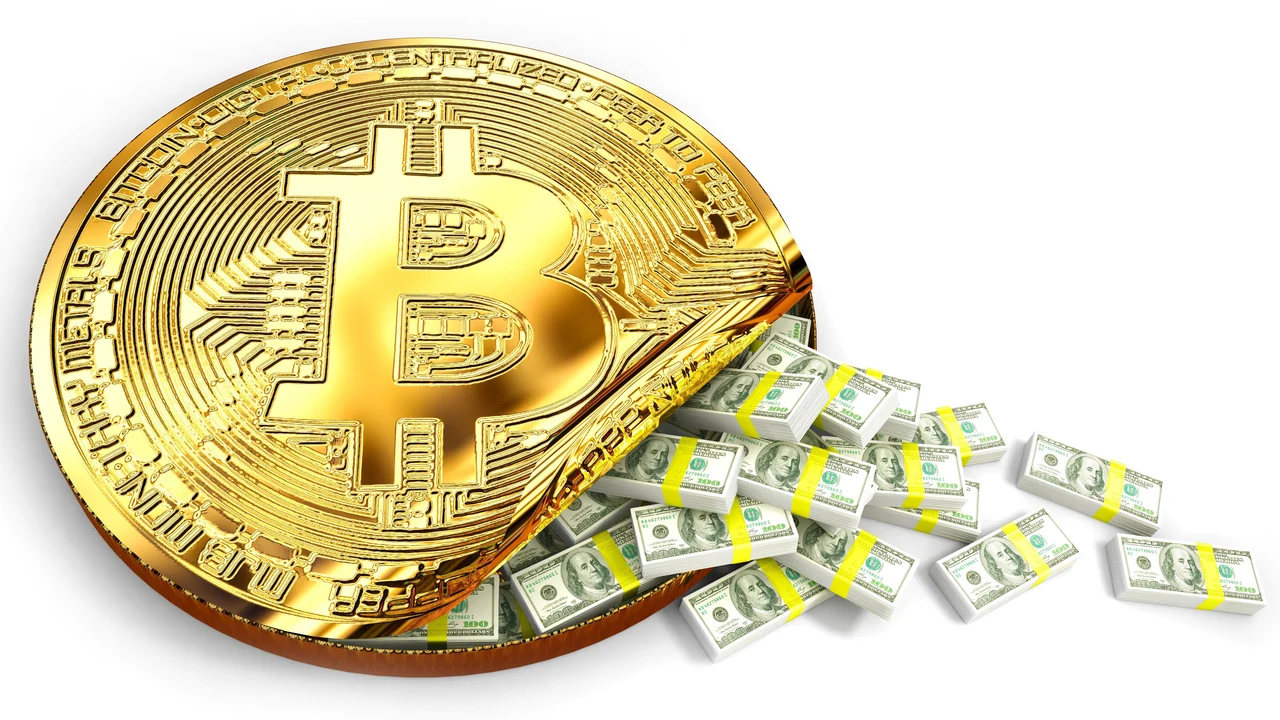Decentralized finance (DeFi) is a rapidly growing sector of the cryptocurrency industry that offers financial services without the need for intermediaries like banks. 100 million users to DeFi protocols are powered by blockchain technology, which allows them to be transparent, secure, and accessible to anyone with an internet connection.
Africa is a continent with a large and growing population, but it is also a continent with significant financial challenges. Many Africans have limited access to traditional banking services, and those who do have access often face high fees and interest rates.
Cardano is a blockchain platform that is designed to be scalable, secure, and sustainable. It is also designed to be accessible to people in developing countries. The founder of Cardano, Charles Hoskinson, believes that DeFi has the potential to revolutionize the financial system in Africa.
In a recent interview Hoskinson predicted that Africa will bring 100 million users to DeFi in the next three years. He believes that DeFi can offer Africans access to a wide range of financial services, including loans, savings, and insurance, at a fraction of the cost of traditional banking services.
Benefits of DeFi for Africa
There are a number of benefits that DeFi can offer to Africa.
- Access to financial services: DeFi can provide Africans with access to a wide range of financial services, including loans, savings, and insurance. This is especially important for Africans who are currently underserved by the traditional banking system.
- Lower fees: DeFi protocols typically charge lower fees than traditional financial institutions. This is because DeFi protocols are not subject to the same regulatory costs as traditional financial institutions.
- Greater transparency: DeFi protocols are transparent and auditable by anyone. This means that users can be confident that their funds are safe and that they are getting the best possible deal.
- Financial inclusion: DeFi can help to promote financial inclusion in Africa. This is because DeFi protocols are accessible to anyone with an internet connection.
Challenges
There are also a number of challenges that need to be overcome before DeFi can be widely adopted in Africa.
- Education: Many Africans are not familiar with DeFi or blockchain technology. There is a need to educate Africans about DeFi so that they can make informed decisions about whether or not to use it.
- Infrastructure: Many Africans do not have access to reliable internet or smartphone technology. This is a barrier to entry for DeFi, as users need to be able to access the internet in order to use DeFi protocols.
- Regulation: The regulatory landscape for DeFi is still unclear in many African countries. This could pose a challenge for the adoption of DeFi.
How to overcome the challenges
There are a number of things that can be done to overcome the challenges to the adoption of DeFi in Africa.
- Education: Governments, businesses, and non-profit organizations can work together to educate Africans about DeFi and blockchain technology. This can be done through educational workshops, online courses, and social media campaigns.
- Infrastructure: Governments and businesses can invest in infrastructure to improve internet access and smartphone penetration in Africa. This will make it easier for Africans to access DeFi protocols.
- Regulation: Governments in Africa need to develop clear and supportive regulations for DeFi. This will help to protect users and promote the growth of the DeFi sector.
DeFi has the potential to revolutionize the financial system in Africa. It can provide Africans with access to a wide range of financial services at a fraction of the cost of traditional banking services. However, there are a number of challenges that need to be overcome before DeFi can be widely adopted in Africa. These challenges include education, infrastructure, and regulation.




